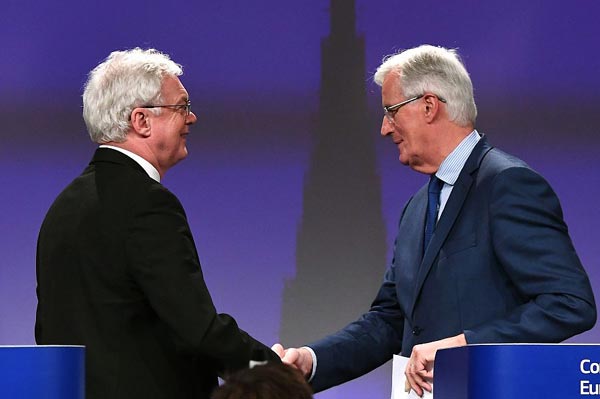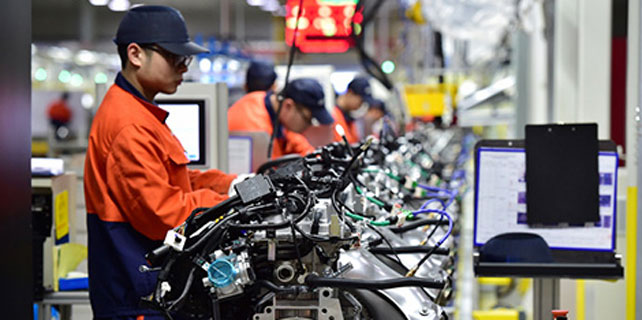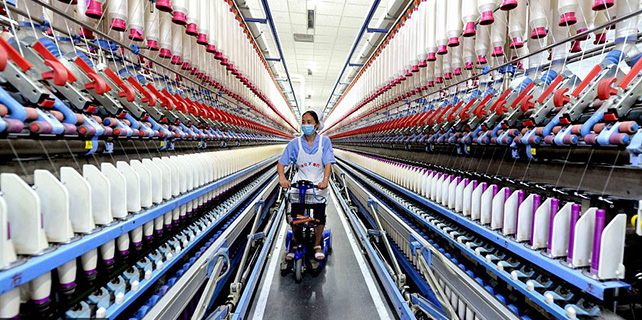Brexit talks in 'disturbing deadlock' amid rising fears of 'no deal'
BRUSSELS - The fifth round of Brexit talks concluded on Thursday and brought nothing concrete but a "disturbing deadlock" to citizens along the English Channel, amid rising fears of "no deal" between the European Union (EU) and Britain.
"No major step forward in this week's Brexit talks ... (yet) we still have the common goal," said EU Chief Negotiator Michel Barnier in his joint press conference with British counterpart David Davis, asserting that doing things in right order is the key to Brexit talks' success, and EU-UK future relationship is definitely not the subject of the first negotiation session.
"We worked constructively this week. We clarified certain points. But without making any great steps forward. We still have a common goal: the desire to reach an agreement on the UK's withdrawal and to outline our future relationship, when the time comes," he told reporters.
For his part, Davis urged the other 27 EU members to recognize the progress and achievements made in the past rounds of talks in the EU leaders' summit slated for Oct 19 in Brussels, which is a precondition for the start of the second negotiation session.
At the beginning of his speech, Barnier made crystal clear that no sufficient progress in three key fields -- citizens' rights, Northern Ireland border and financial settlement -- and no talks on the future relationship between EU and Britain.
"For us, from the EU side, achieving and realizing these three big objectives is the condition for engaging in a discussion, as soon as possible, on a new ambitious, long-lasting partnership," he said.
Concerning the issue of citizens' rights, the two sides were still at loggerheads with each other. The only silver-line of the sitzkrieg was that Britain had informed EU of its intention to put in place a simplified procedure which allows EU citizens to assert their rights.
"Today I can confirm that we want to reassure those European citizens living in the UK that their rights and status will be enshrined in UK law by the Withdrawal Agreement. And yes, there will be a registration process but the administration process will be completely new. It will be streamlined, and it will be low cost," said Davis.
"We will study attentively the practical details of this procedure, which should really be simple for citizens," Barnier responded.
As for the Northern Ireland border issue, the talks were currently on a right path but more work needs to be done.
"This week we advanced on the joint principles on the continuation of the Common Travel Area, and we continued our intensive work on mapping out areas of cooperation that operate on a North-South basis on the island of Ireland ... but more work to do in order to build a full picture of the challenges to North-South cooperation resulting from the Brexit," said Barnier.
Both sides agreed a lot, but mainly in principle, without breakthrough again.
As to the financial settlement, or the divorce fee, the two sides stuck in a deadlock.
"The UK told us again this week that it still could not clarify these commitments. Therefore, there was no negotiation on this, but we did have technical discussions which were useful, albeit technical. We are, therefore, at a deadlock on this question," said Barnier, adding that "this is extremely worrying for European taxpayers and those who benefit from EU policies."
For EU, divorce fee is the precondition for talks on EU-UK future relationship, but for Britain, divorce fee is the bonus of the early starting of the talks on future relationship.























